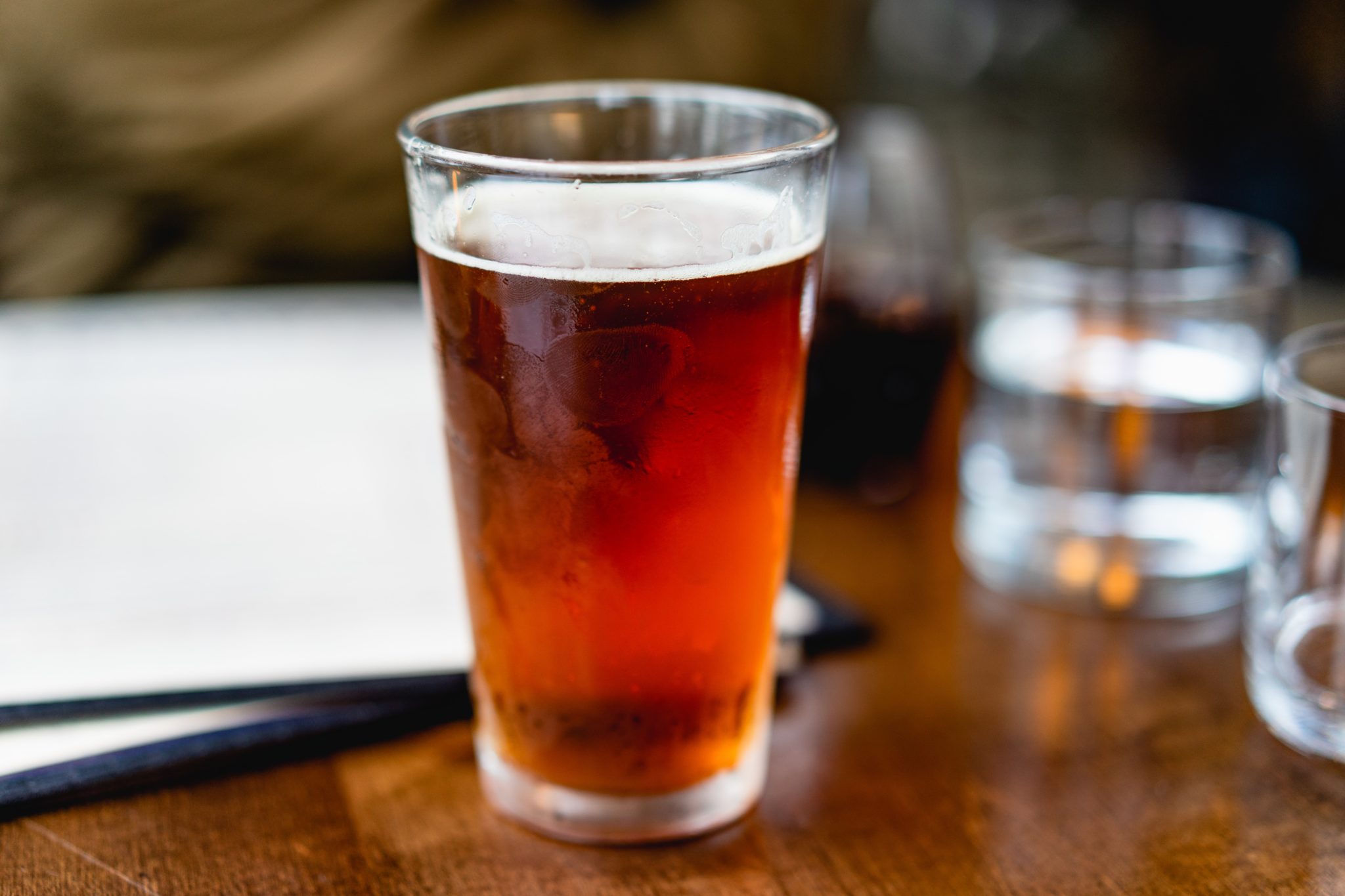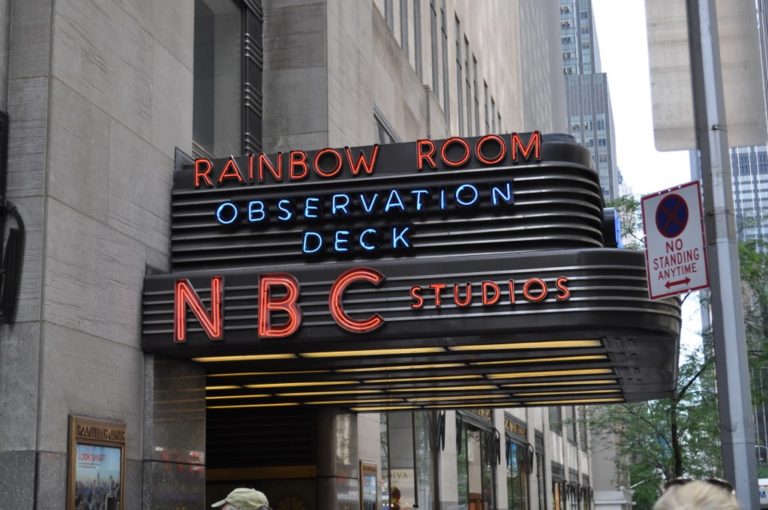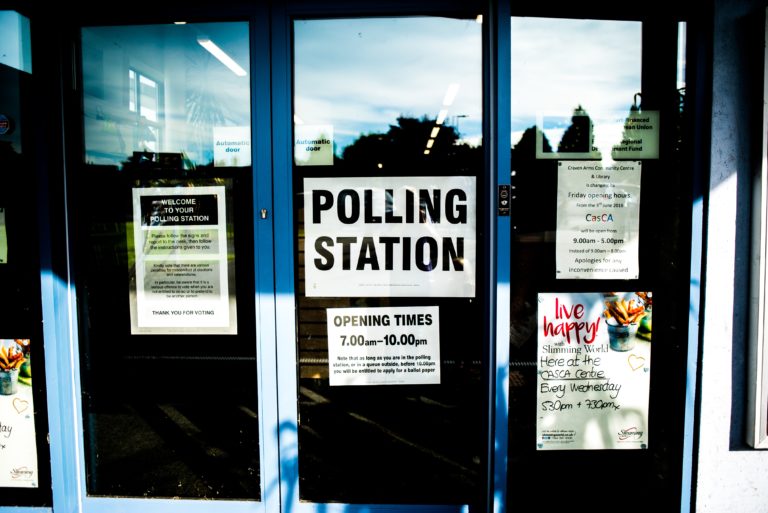30 seconds. That’s 36 heartbeats. 8 deep breaths. And it’s the amount of time…
Why moving on from the “beer test” is good news for women candidates

Contests for one-on-one sit downs with presidential candidates have long been a fundraising tactic for campaigns, and a way to generate buzz. This crop of candidates is no exception: Pizza with Pete; Grab a Beer (or Coffee or Tea or Whatever) With Elizabeth; Win Dinner with President Trump. But it begs the question: do we have to want to get a drink or a meal with a candidate in order to vote for them?
American politics can sometimes feel like a popularity contest. Questions like, “Who would you like to have a beer with?” are par for the course, and this is a more complicated question for women candidates because likeability is a non-negotiable quality for them. Voters will vote for a man they think is qualified even if they don’t like him, but a woman must clearly showcase both qualifications and likeability to earn their vote.
How voters are deciding likeability may be evolving; recent Gender on the Ballot research, “What Does Electability Mean to Voters?,” shows that, compared to other factors, few voters consider the “beer test” when determining electability. In fact, only 29% of voters surveyed say that “seeming like the type of person you personally would like to get a drink or coffee with” makes a candidate much more likely to win. This is good news for women candidates: the “beer test” has inherently masculine origins, and has long been an unscientific measurement of the intangible quality of likeability.
In contrast, 55% of voters said that “having a deep understanding of the challenges that average Americans face” makes a candidate much more likely to win. This finding is consistent with Barbara Lee Family Foundation research that shows voters don’t just ask whether they would want to have a beer with a candidate; voters respond positively to women meeting with people and engaging in conversation. Seeing a woman candidate or officeholder doing her work in the community can help to showcase her likeability. Voter have also traditionally given women candidates an advantage on kitchen-table economics and the challenges facing families.
While the “beer test” certainly isn’t going anywhere, it will be interesting to watch its influence as we continue into 2020, particularly with a record number of women running for president.






